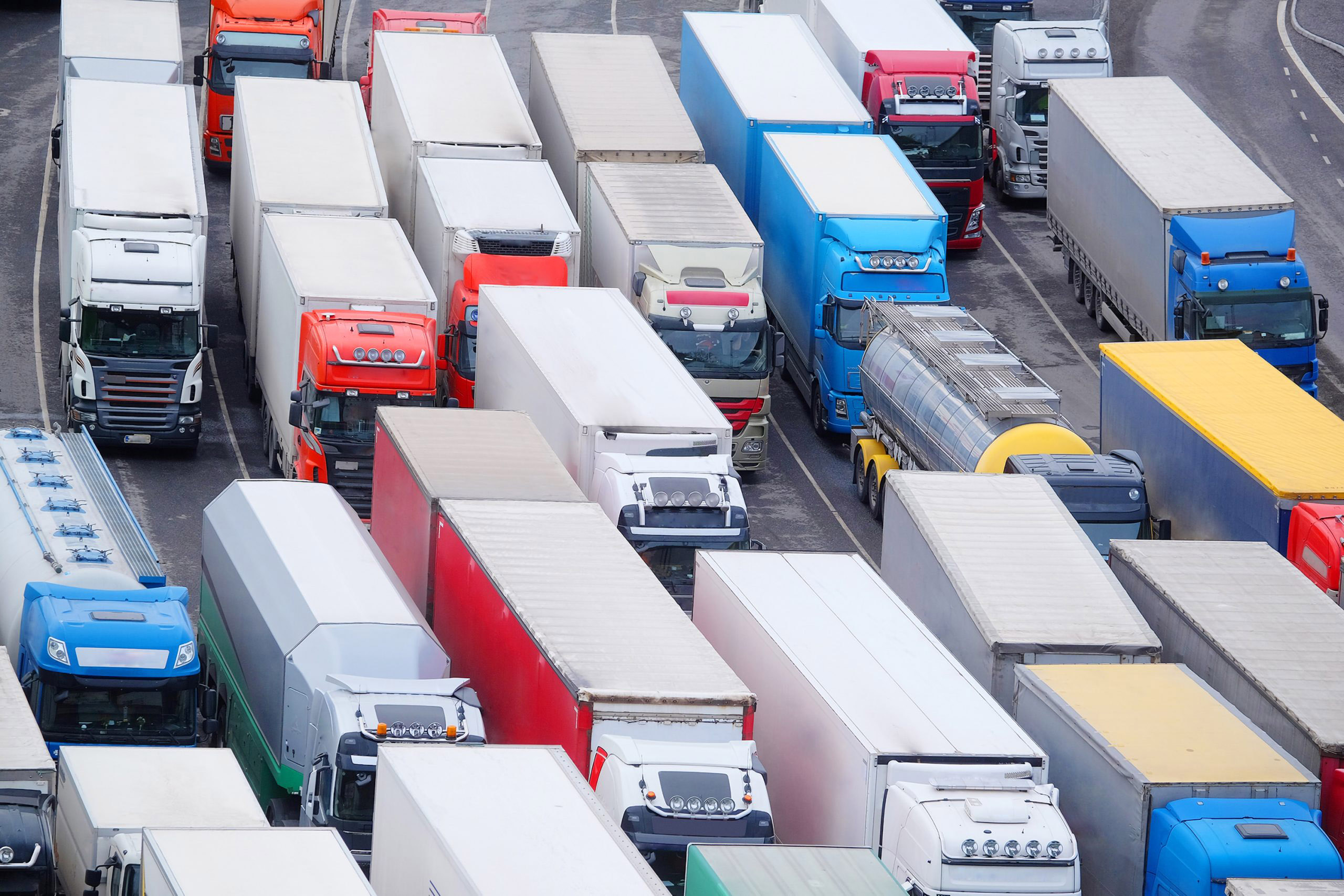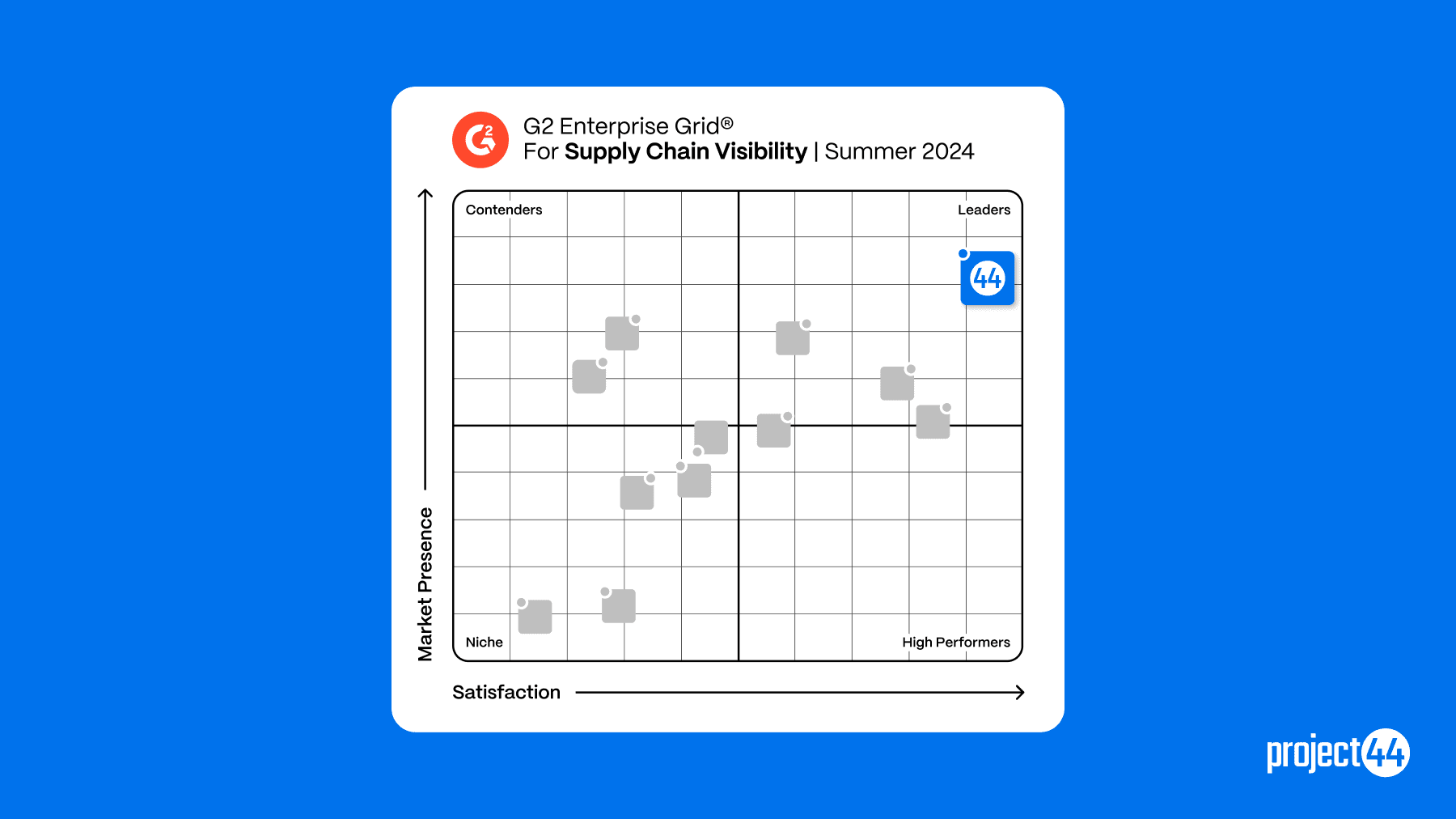After four years of uncertainty, a Brexit agreement has been determined. While the United Kingdom and the European Union have reached a deal that went into place January 1, 2021, there have been looming questions about the impact on the logistics and transportation industry — both near- and long-term.
With new customs regulations at the UK border, the exit is already causing delays as organizations figure out what steps and processes need to be in place to avoid delays or blocks at the border.
Brexit’s Impact on Cross-Border Logistics and Transportation
The deal between the UK and the EU was finalized just before the end of the Brexit transition period. Notably for supply chains that transport goods across UK borders, there are some new developments that they’ll need to consider.
There’s bright news for companies that ship goods to and from the UK with an agreement that there won’t be tariffs or limits on traded goods that originated within the UK or the EU. However, there will be additional checks at the UK borders, including safety checks and customs declarations, which will mean more customs paperwork and procedures that haven’t been required in the past and may extend transport times
Logistics Providers and Carriers Pausing Service Across the UK Border
Part of the short-term impact could be caused by how quickly the trade agreement went into effect. The deal was signed on December 30, 2020 with the changes implemented on January 1, 2021.
According to an article in Fortune, Logistics giant DPD pauses U.K. to EU parcel shipments, amid post-Brexit customs chaos, DPDgroup paused road service from the UK into Europe because of new paperwork that’s required for parcel shipments into the EU. The company estimated that up to 20% of parcels had the incorrect or incomplete data and would have been returned to customers.
German logistics provider DB Schenker suspended their service into the UK in order to prepare for the new cross-border regulations.
These new customs procedures have left many without time to get up to speed and prepare the necessary documents, causing delays and even a halt to some shipments.
Congestion at the Ports and Over the Road Delays
Before Brexit went into effect the Felixstowe port on England’s east coast was experiencing congestion. There have been several reasons cited, including increased holiday shipments, companies that were trying to get ahead of the impending customs checks, and limited labor due to Covid-19.
These port delays have caused downstream effects for supply chains. For example, Honda recently had to pause production at a factory in Swindon, Britain because they didn’t have the parts needed for the factory’s just-in-time delivery system due to delays at the port. Honda estimated that a 15-minute delay could cost nearly 1 million pounds a year.
With increased traffic at the Felixstowe and Southampton ports, some had containers dropped off in Antwerp or Zeebrugge, which then had to be transported over the road. These shipments have created additional delays when arriving at roll-on roll-off ports like Dover.
While many are making sure they have the right paperwork in place, they are also trying to navigate the evolving situation at the borders and ports and minimize disruptions
While delays for any goods can have downstream consequences, there are growing concerns around a potential food shortage in the UK due to Brexit. According to the British Retail Consortium, about 75% of fresh fruits and vegetables travel through Dover in the winter months.
Because these delays could leave the produce section in many supermarkets bare, a new plan gives priority to shipments that are for a large supermarket or supplier if there are delays at Dover.
Collaborating with Your Ecosystem and Gaining Supply Chain Visibility
Only a few weeks into a post-Brexit world, many are still working to prepare for the customs requirements and procedures. While many try to understand how long the disruption will last or how it will change the trade between the UK and the EU long-term, it’s clear that organizations transporting goods across the border need to stay in control of their supply chain.
To gain actionable insight, it’s important to understand your logistics and supplier networks to better plan and have access to real-time transportation visibility data to increase agility as delays arise.
Gain a Deep Understanding of Your Logistics Network and Supplier Network
The sensitivity of increased potential for customs delays means you should know where every component of your supply chain is being shipped to and from. If one component of your upstream supply chain has to cross a newly closed border, it could send a ripple effect across your entire organization.
Go deep into your supply chain both up and downstream to truly understand the impact this will have. The border crossing will slow things down, but if a company doesn’t know that they have a raw material provider in the UK somewhere down the line, they could be in trouble. Once you understand where each piece of your supply chain is sourced, where they cross borders, and what the average lead time is, you can begin to break down how Brexit might change things on an operational level.
Proactively Handle Delays with Real-Time Transportation Data
Not only do you need to understand the flow of goods throughout your supply chain, it’s critical to have real-time data into those goods when they are in transit.
Events around the world — such as Covid-19, Brexit, and global trade tensions — have exposed blind spots in the supply chain that have existed for years but can no longer be ignored. Real-time visibility has quickly become a must-have, especially as supply chains strive to increase agility and reduce risks from unexpected challenges.
Visibility can help you track shipments in real-time, identify possible delays at borders, plan for Brexit-related (and all types) of delays and exceptions, gain a deeper understanding of your supply chain through analytics and insights, and access a larger capacity network. The ability to easily share information about shipments, orders and inventory— whether it’s ETAs, delays, or exceptions — can mean the difference between proactively managing vital disruptions or seeing increased delays and associated costs.
Adopting modern visibility technology is an efficient way to start protecting your company against Brexit, but perhaps more importantly, real-time visibility allows you to compete and succeed in the modern supply chain landscape.
Reach out to the project44 team to learn more about real-time multi-modal visibility.



